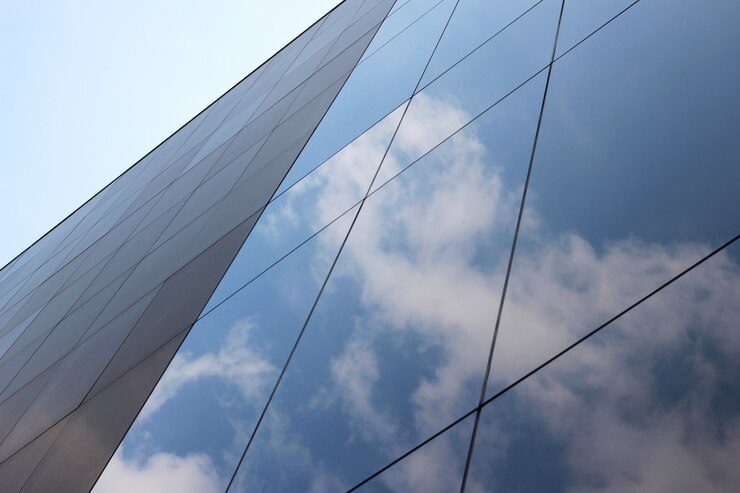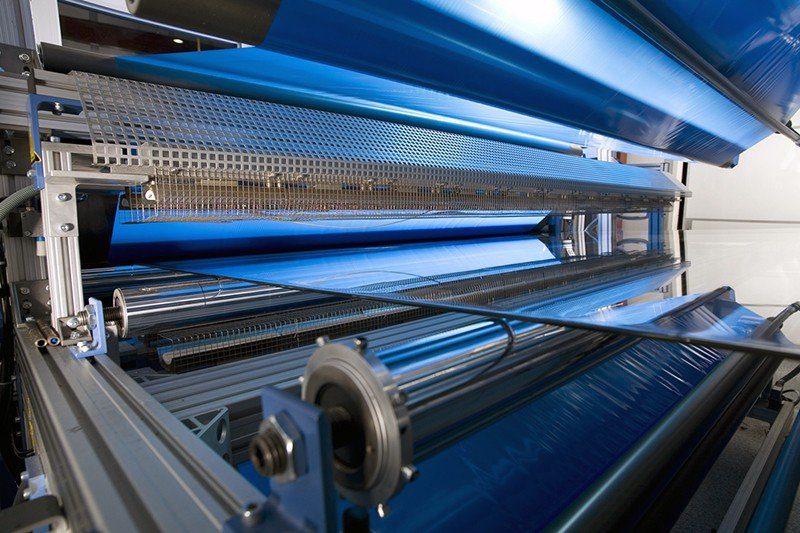>755 reviews

Float glass is the most common product of the glass industry. It is widely used in the glazing of doors, windows, machinery, furniture and building cladding. This glass is extremely smooth and has no distortion. The method of its manufacture was patented in the UK in the 1950s and is still in use today.
The production of float glass begins by melting glass in a furnace at a high temperature. The molten mass is poured into a billet that has liquid tin at the bottom. This process is known as the Pilkington process.
In the furnace chamber, the glass floats on the surface of the tin, taking its shape. The glass is then slowly cooled in a setting, a leer, to release the internal stress. This cooling process, known as annealing, is critical to the success of the final product. It is important to note that the top surface of the glass, called the air or cut surface, is fire polished, while the underside, which is in contact with the tin, remains unpolished. After annealing, the glass emerges as a continuous ribbon that is automatically cut to the required dimensions and packaged for transport.

Previously, the main type of glass produced was sheet glass, which was made by grinding and polishing. However, this method was replaced by the float method because of the low energy efficiency and the risk of injury when the sheet glass broke. In 1959, the Pilkington brothers from England perfected the float process, which is now the standard in glass production.

The main application of float glass is the manufacture of windows and doors, where the transparency and smoothness of the material are decisive. It is also used:
Window Gurus offers high-quality float glass for a variety of needs, ensuring precision manufacturing and installation. If you’re searching for replacement windows near me, our team can guide you in selecting the right type of glass for your specific needs, including float glass for energy efficiency and aesthetic appeal.
If you have questions about float glass projects for your home or business, contact us for a professional consultation. We provide advanced solutions and quality service, ensuring long life and aesthetics of glass products. Regular updates and innovations in glass technology allow Window Gurus to offer you the most advanced products for your home or business.
Contact us now for a free estimate and take the first step toward repairing your windows!
You May Also Be Interested In:
Please leave your contact details.
The manager will contact you shortly.